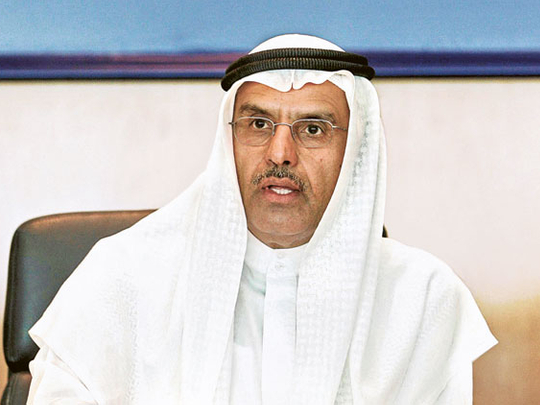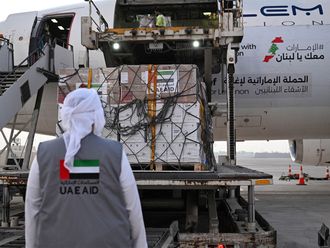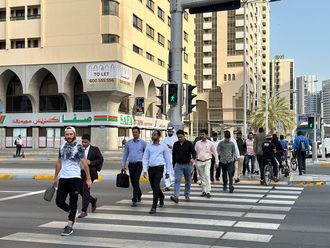
Dubai: The Dubai government is asking its departments to reduce expenditure by 20 to 25 per cent in a bid to help the emirate achieve a budget surplus of Dh3-Dh3.5 billion until 2013, Ahmad Humaid Al Tayer, Member of the Supreme Fiscal Committee, told Gulf News.
“Fiscal prudence comes as the government looks to do some trimming of its own after running up deficits to the Dubai budget 2011,” he said yesterday.
“Thus to fill the resulting financing gap, expenditure by government bodies in Dubai should be cut by 20 to 25 per cent until 2013.”
However, he asked the government entities not to increase their revenues by charging more fees or indirect taxes for the services they provide.
“There is a persistent need to restructure and merge operations of several government entities, departments and commissions to reduce government expenditure in general,” he said.
Revenue
According to the budget for 2011, the Dubai Government expects to generate Dh29.9 billion in revenue against expenditure of Dh33.6 billion, leaving a Dh3.77 billion deficit.
“However, the shortfall in the 2011 budget is not a major concern yet and definitely we’ll be looking for alternative revenue streams this year. It is a precautionary procedure,” he added.
While the budget deficit has been kept within the targeted bracket of three per cent of Dubai’s GDP, about 43 per cent of total expenditure was allocated to the economy. This spending includes several of Dubai’s vital projects such as roads and transport, airports and civil aviation, as well as tourism.
Al Tayer also called for the setting up of an entity to manage the public debt in Dubai.
This should be part of an efficient financial system which would support the achievement of sustainable development.
He said: “The financial goals of the government should be defined. The concerned government bodies should link operational goals with strategic objectives of the government to meet the needs of society.”
He emphasised that the zero budget initiative, which was already being implemented by the UAE government, is increasing efficiency of government spending.
“It enhances efficiency of government spending and preserves public money by clearly determining activity and programme costs, outcomes and objectives.”
He also said that the Dubai Financial Support Fund, under the Supreme Fiscal Committee, is offering financial support and credit for public entities to develop their projects.
Dr Mohammad Al Asoomi, a UAE-based economist, said: “There are no worries about reducing government expenditure. All UAE nationals, residents as well as the business community should not be concerned by this attempt. Such a policy has been implemented in the Gulf in 1986 and 1998 when the region faced difficulty in economy. However, with similar situation what Dubai is looking for would be useful and won’t affect the economy, but would come with more saving to the government.”











